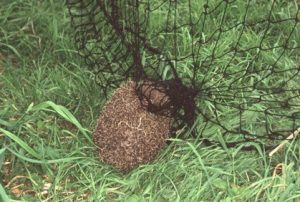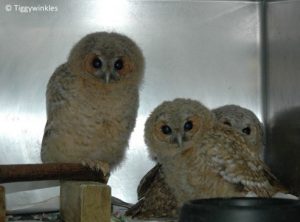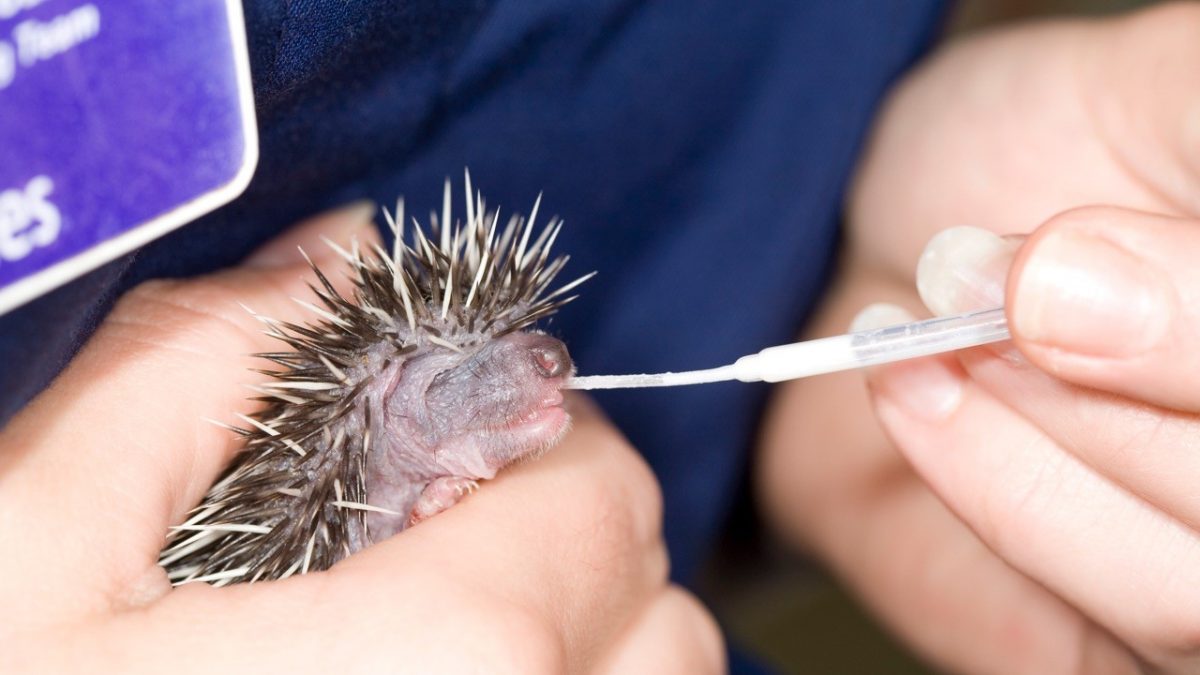
Stokenchurch Dog Rescue
March 9, 2018
Overactive Thyroid gland in cats
March 9, 2018Looking out into the grounds of Tiggywinkles Wildlife Hospital, the signs of a new season are springing into life. Fresh green buds and leaves appearing as a result of the warmer days. The same can be said for wildlife, all the birds are looking busy in readiness for breeding season. This heralds the start of our busiest time of year, baby season.
All imaginable sizes of fragile juvenile patients are brought in to us necessitating specialist and constant care. Baby birds require feeding dawn until dusk with the small garden birds demanding feeding every 20 minutes. Baby mammals, such as the minuscule field mice that need feeding every two hours day and night in the early days. 
We are very fortunate to have a wonderful team of volunteers and seasonal staff who support these diminutive yet demanding patients with the best possible care. Some volunteers take on the role of foster carer in their own homes rearing some of the mammals. Sometimes there are positions available, if these roles interest you and you have the time and dedication required, please do have a look at our website www.tiggywinkles.com under the ‘Help us’ section in the volunteers and vacancies for further information.
When taking the opportunity to spend time in your garden please look out for wildlife, following these tips will be of great help to your local wildlife. Should you have any questions or concerns, or would like to support our life-saving charity, please see our website www.tiggywinkles.com or give us a call 01844 292 292.
Tips for helping wildlife in your garden:
- Putting out food and fresh water
- Leaving an area of your garden wild, with piles of wood and leaves
- Remember to lift up netting of football goals etc. overnight and when not in use. We get animals that have become trapped in netting, this can cause terrible injuries due to the animal struggling to escape the netting which then becomes a dangerous tourniquet
- When using compost off a compost heap, have a gentle and watchful approach, we get hedgehogs and toads impaled by gardening forks
- Every year we see some horrific injuries that have been accidentally inflicted by strimmers. Simply walking in the area to be mowed or strimmed to check for animals hiding in the long grass can prevent these accidents
- Keeping rubbish clear
- Making sure paint pots etc., have lids on and are stored safely





